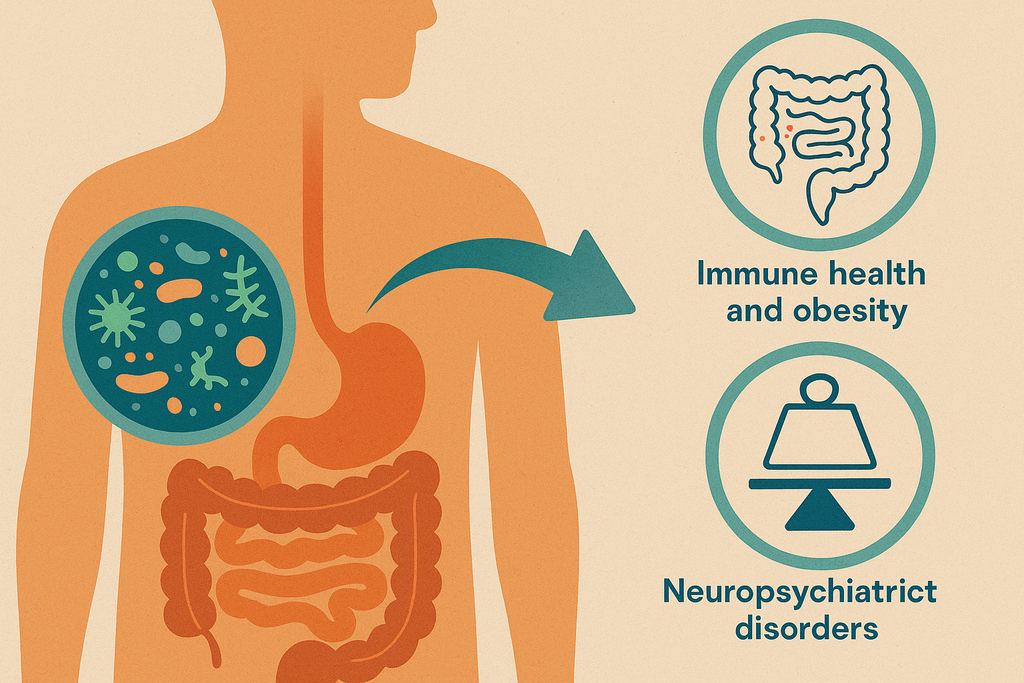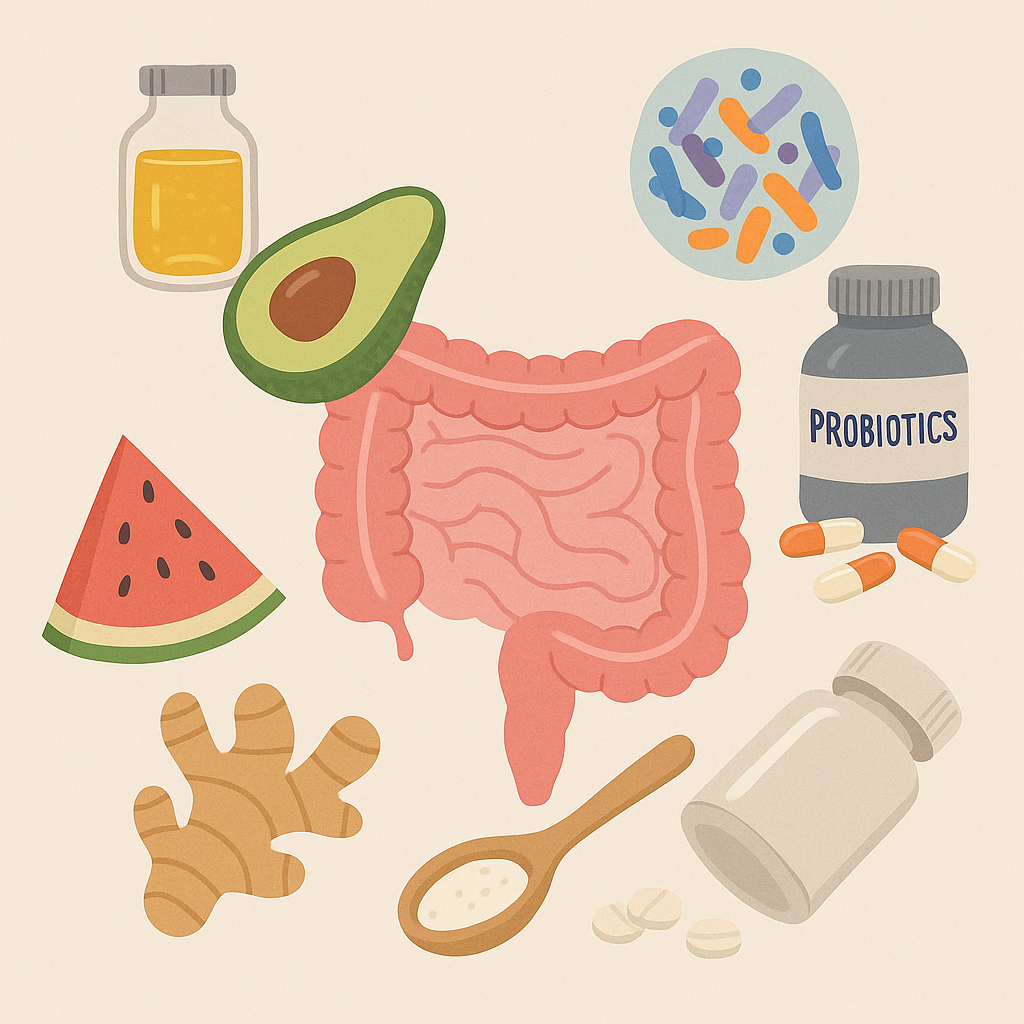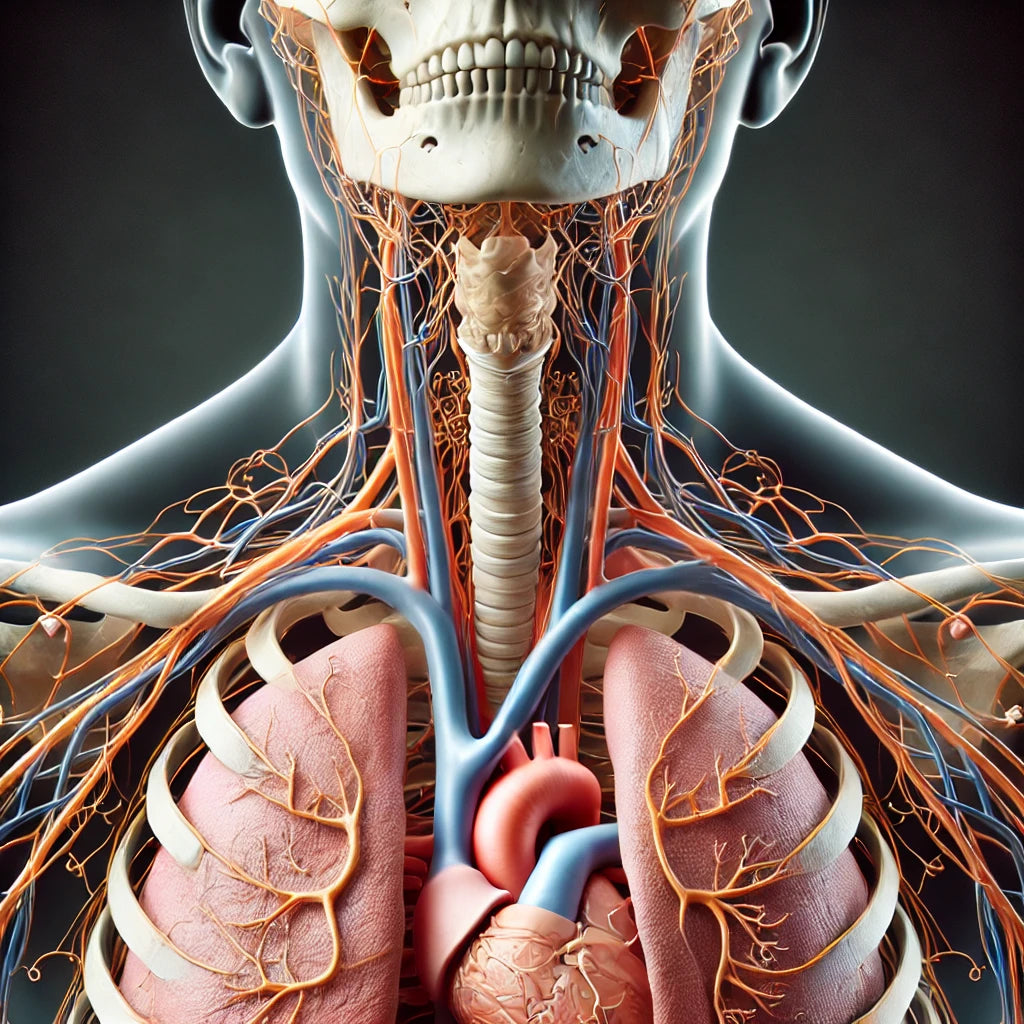News — gut-brain axis
The Unseen Frontier: Exploring Fecal Microbiota Transplantation Beyond C. difficile
C. difficile donor stool screening fecal microbiota transplantation fecal transplant safety FMT FMT and depression FMT delivery methods FMT for autism FMT research gut health gut microbiome therapy gut-brain axis metabolic health microbiome and autoimmune disease microbiome medicine microbiota restoration microbiota transfer MicroRestore Biotic Support neurodegenerative disease gut link probiotic alternatives
For years, fecal microbiota transplantation (FMT) has been hailed as a medical miracle for treating recurrent Clostridioides difficile infections—restoring balance to the gut where antibiotics failed. But now, scientists and clinicians are beginning to unlock a broader, less-explored frontier: FMT's potential to influence a wide spectrum of diseases beyond gut-related infections.
From autoimmune conditions and metabolic disorders to neurological diseases and even mental health, FMT is emerging as a promising, though controversial, tool in modern medicine. This article dives deep into how FMT works, its expanding applications, and what the future might hold for one of medicine’s most unorthodox but groundbreaking therapies.
The Link Between Gut Microbiome and Intestinal Wellness
bloating relief digestion support digestive health dysbiosis fermented foods fiber and digestion fiber fermentation gut bacteria gut health supplements gut inflammation gut microbiome gut-brain axis healthy digestion immune system intestinal wellness leaky gut microbiome balance natural gut remedy prebiotics probiotics
Deep within your digestive tract lies a dynamic and complex community of microorganisms known as the gut microbiome. Composed of trillions of bacteria, fungi, viruses, and other microbes, this internal ecosystem plays a vital role in your overall health—particularly your intestinal wellness. Far from being passive passengers, these tiny organisms actively influence digestion, immunity, inflammation, and even mood regulation.
Modern science has shed light on just how intertwined gut microbes are with our gastrointestinal health. Disruptions in this microbial balance, known as dysbiosis, can lead to bloating, constipation, diarrhea, irritable bowel syndrome (IBS), and inflammatory bowel disease (IBD). In this article, we’ll explore the intimate connection between the gut microbiome and intestinal wellness, how to recognize imbalances, and actionable strategies to nourish your gut for long-term digestive harmony.
How Stress Impacts Gut Microbiome: The Gut-Brain Connection Explained
anxiety and gut health cortisol and gut digestive health gut flora gut health gut inflammation gut microbiome gut-brain axis how stress affects the gut IBS and stress leaky gut and stress microbiome imbalance microbiome support mood and microbiome natural gut remedies probiotics for stress probiotics mental health stress and digestion stress and gut stress relief diet
We often think of stress as something that only affects our minds—causing anxiety, sleepless nights, or mental fatigue. But the reality is far deeper. Chronic stress can disrupt almost every system in the body, and one of its most profound effects is on the gut microbiome—the vast ecosystem of microbes that help regulate digestion, immunity, mood, and metabolism.
Your gut is often called your “second brain,” and for good reason. It’s connected to your central nervous system through a complex network known as the gut-brain axis. When you're stressed, this communication channel can become unbalanced, leading to inflammation, digestive issues, and imbalances in your microbiota. In this comprehensive guide, we’ll explore how stress influences the gut microbiome, what that means for your overall health, and how to protect your gut during high-stress times.
Common Digestive Disorders: Symptoms, Causes, and Management
bloating celiac disease digestive disorders digestive enzymes digestive health digestive supplements gas GERD gluten sensitivity gut health gut-brain axis heartburn IBD IBS lactose intolerance LongLifeNutri microbiome natural digestion remedies probiotics stomach ulcers
Digestive discomfort can be more than just an inconvenience — it’s often a signal that something deeper is affecting your gut health. Millions of people suffer from digestive disorders ranging from occasional bloating to chronic illnesses like GERD or IBS. These conditions can significantly impact quality of life, affecting everything from mood to nutrition absorption.
Understanding the symptoms, underlying causes, and proven management strategies for digestive issues is the first step toward lasting relief. Whether you're dealing with daily discomfort or seeking to prevent future problems, this guide explores the most common digestive disorders and how to manage them with lifestyle changes, dietary tips, and medical interventions.
What is the Vagus Nerve and Why is It Important? Discover Key Insights
chronic diseases deep breathing gut-brain axis heart health immune system inflammation mental health natural vagus nerve stimulation parasympathetic nervous system vagal tone vagus nerve vagus nerve and anxiety vagus nerve digestion vagus nerve function vagus nerve health vagus nerve importance vagus nerve role vagus nerve stimulation vagus nerve therapy VNS
The human body is an intricate system of interconnected organs, nerves, and tissues, all working together to maintain balance. Among the most critical components of this system is the vagus nerve, a long and wandering nerve that impacts multiple body functions. Often referred to as the "information superhighway" between the brain and the body, the vagus nerve plays a pivotal role in health, influencing everything from digestion to heart rate and even mental well-being.
But what exactly is the vagus nerve, and why is it so important? This article explores its anatomy, functions, and why keeping it in good health can benefit many areas of life, including physical and emotional well-being. Whether you're looking to understand how this nerve works or how to support it naturally, the vagus nerve's role in overall health cannot be understated.





